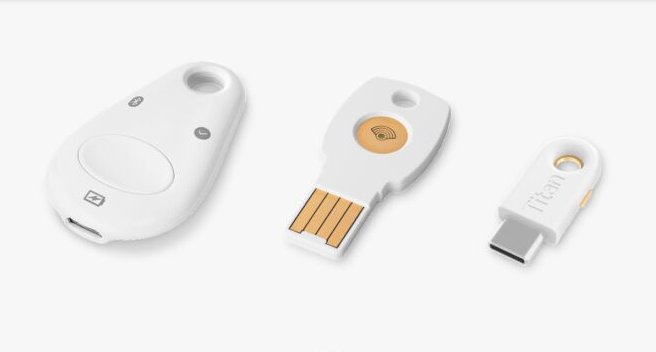
Hackers can clone Google Titan 2FA keys using a side channel in NXP chips
Yubico and Feitian keys that use the same chip are likely susceptible, too. …
 reader comments
reader comments
115 with 78 posters participating, including story author
There’s wide consensus among security experts that physical two-factor authentication keys provide the most effective protection against account takeovers. Research published today doesn’t change that thinking, but it does show how malicious attackers with physical possession of a Google Titan key can clone it.
There are some steep hurdles to clear for an attack to be successful. A hacker would first have to steal a target’s account password and also gain covert possession of the physical key for as many as 10 hours. The cloning also requires up to $12,000 worth of equipment and custom software, plus an advanced background in electrical engineering and cryptography. That means the key cloning—were it ever to happen in the wild—would likely be done only by a nation-state pursuing its highest-value targets.
“Nevertheless, this work shows that the Google Titan Security Key (or other impacted products) would not avoid [an] unnoticed security breach by attackers willing to put enough effort into it,” researchers from security firm NinjaLab wrote in a research paper published Thursday. “Users that face such a threat should probably switch to other FIDO U2F hardware security keys, where no vulnerability has yet been discovered.”
The 2FA gold standard
Two-factor authentication, or 2FA, is a method that makes account takeovers much harder to pull off. Instead of using only a password to prove someone is authorized to access an account, 2FA requires a second factor, such as a one-time password, possession of a physical object, or a fingerprint or
Continue reading – Article source




